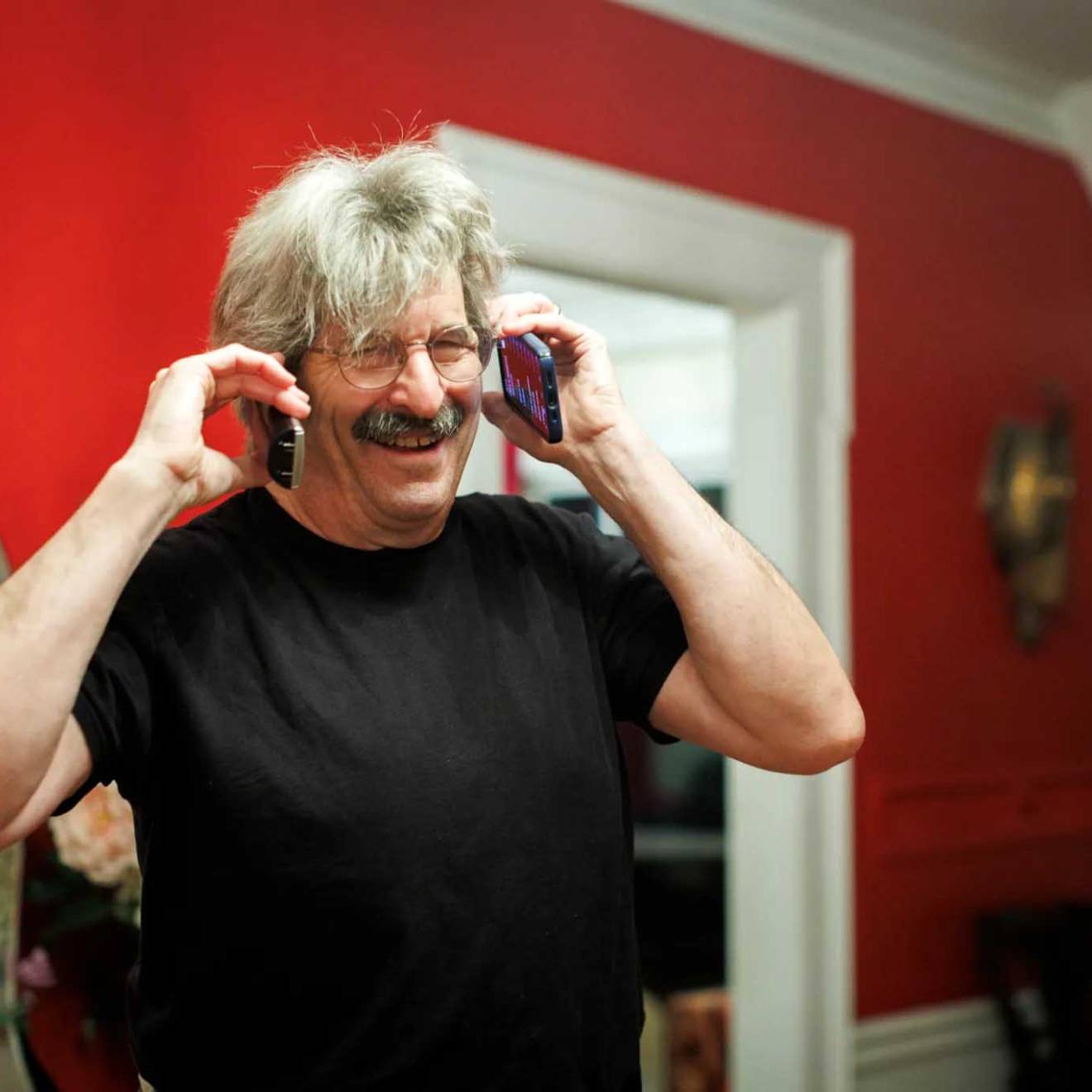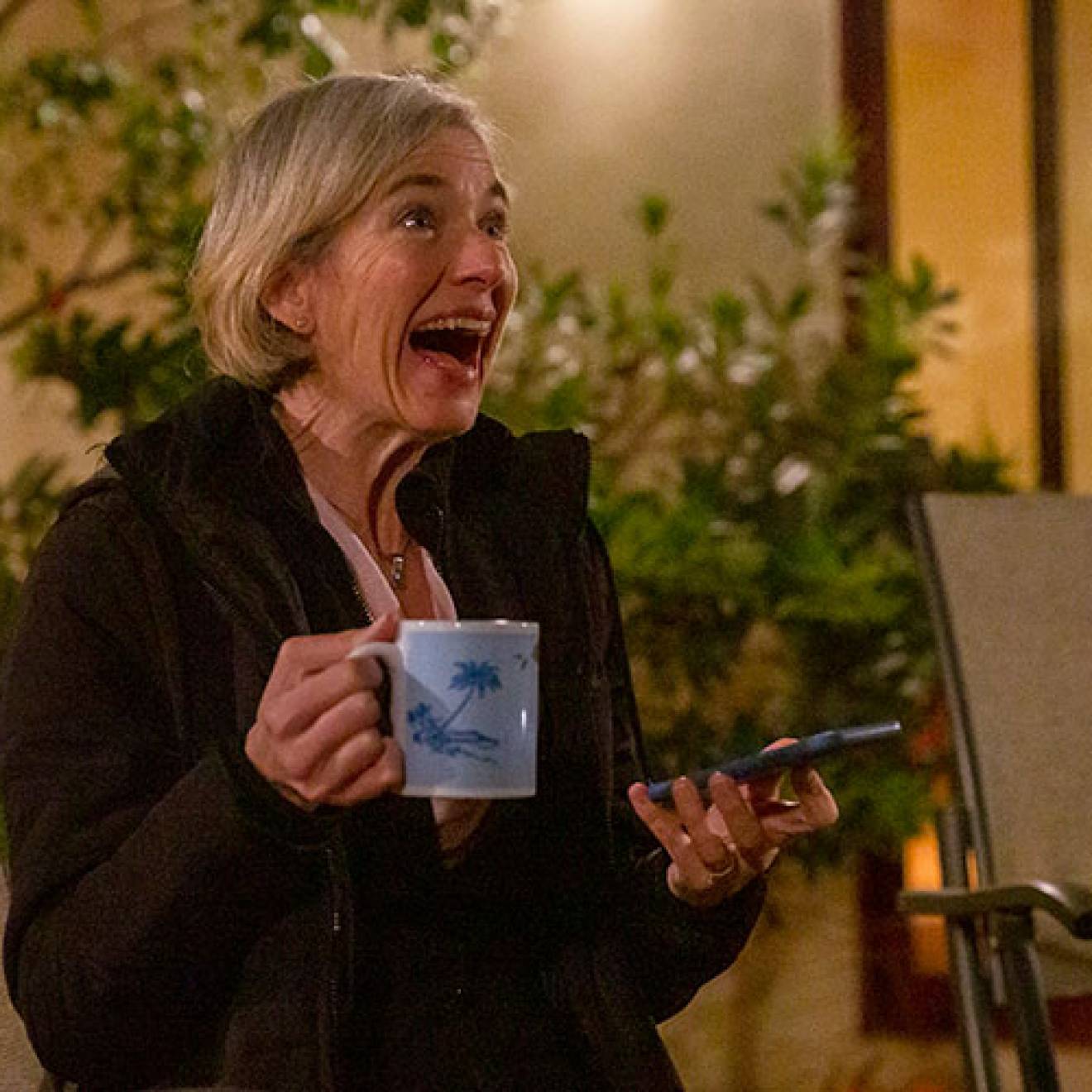UC Newsroom

Five UC-affiliated scientists found their sleep disturbed in the early morning hours this month by a memorable phone call — the news of a Nobel Prize award from the Royal Swedish Academy of Sciences, the honor of a lifetime.
The Nobel committee announced its final prize in economics on Monday, Oct. 14. Of the 12 winners of 2024 prizes, five have deep UC ties. Spanning the fields of medicine, physics, chemistry and economics, they all spent significant time at the University of California, as students, researchers or faculty, benefitting from the university’s living legacy of groundbreaking research, including mentorship from Nobel Prize-winning colleagues. University of California faculty have received 71 Nobel Prizes since the inception of the awards.
The Nobel Prize was established by Swedish businessman Alfred Nobel in 1895 and is designed to honor those whose work “shall have conferred the greatest benefit to humankind.” First awarded in 1901, they are announced on an annual basis, and include the categories of physics, chemistry, physiology or medicine, literature and peace, with economics added in Nobel’s memory in 1968 by Sweden’s central bank, Sveriges Riksbank.
This year’s Nobelists with UC roots are:
Gary Ruvkun, Nobel Prize for physiology or medicine, UC Berkeley Class of 1973
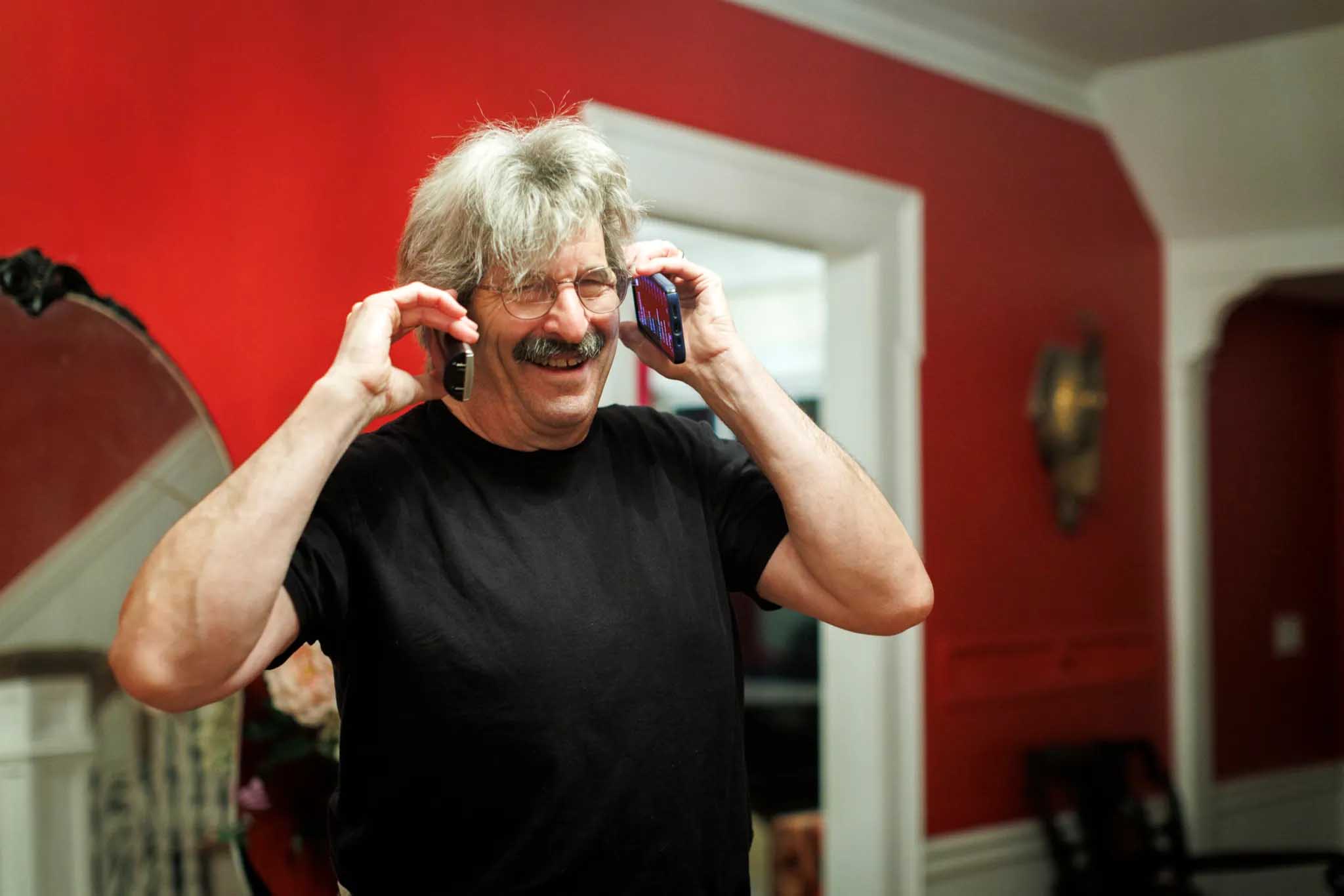
Ruvkun, a 1973 graduate with a B.A. in biophysics, shared the Nobel Prize for physiology or medicine with Victor Ambros, a professor at the UMass Chan Medical School, for their discovery of microRNA and and its role in post-transcriptional gene regulation. MicroRNA are tiny pieces of genetic information that play critical roles in helping cells regulate gene expression and control what types of proteins they produce.
“Ambros and Ruvkun’s seminal discovery in the small worm C. elegans was unexpected, and revealed a new dimension to gene regulation, essential for all complex life forms,” according to the Nobel Committee’s news release.
Ruvkun and Ambros connected at the Massachusetts Institute of Technology while serving as postdocs in the laboratory of Nobel laureate Robert Horvitz. Together, they studied gene control in the late ‘80s and early ‘90s, using small soil-dwelling roundworms, C. elegans. Their Nobel citation cites their work with C. elegans, which provided a useful model for researching how tissues develop and mature in multicellular organisms.
Ruvkun told the journal Proceedings of the National Academy of Sciences (PNAS) in a 2011 profile of the rationale for his object of study, “Developmental biology was just coming into its own, and the nematode worm seemed small enough to be described in a somewhat digital way.”
Ruvkun and Ambros announced their discovery of the first microRNA by publishing their studies in the journal Cell in 1993, eventually setting off a scientific revolution of their own. The work from Ruvkun and Ambros has influenced scientists worldwide, guiding research for diseases such as cancer and diabetes.
“Physics at Berkeley was taught in a more inspirational way,” Ruvkun said in the 2011 PNAS profile. Upon receiving the Lasker Award for Basic Medical Research in 2008, he remarked, “it is possible that my undergraduate training in physics taught me not quantitative reasoning, but rather how a scientific revolution at its very beginning can be recognized.”
Read more:
UC Berkeley: Alumnus Gary Ruvkun shares 2024 Nobel Prize for discovering microRNA
David Baker, Nobel Prize in chemistry, UC Berkeley Ph.D., 1989
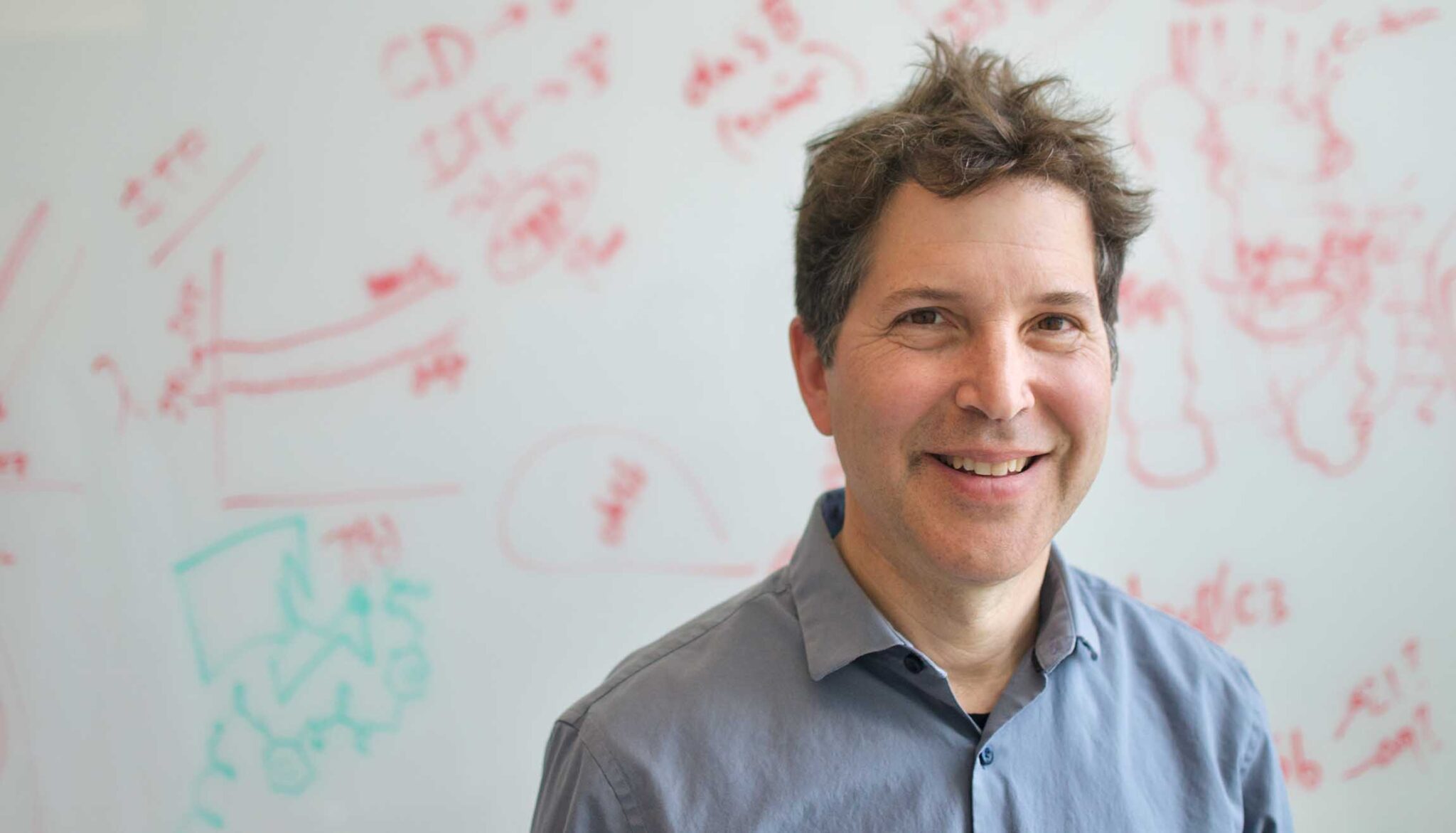
This year’s Nobel Prize in chemistry is shared by David Baker, a biochemist who received his Ph.D. from UC Berkeley in 1989 working with Randy Schekman, a professor of molecular and cell biology who won the 2013 Nobel Prize in Physiology or Medicine. He is recognized for his work in building proteins, the building blocks of life.
“In 2003, David Baker succeeded in using these blocks to design a new protein that was unlike any other protein,” the Nobel Prize committee wrote in extending its award. “Since then, his research group has produced one imaginative protein creation after another, including proteins that can be used as pharmaceuticals, vaccines, nanomaterials and tiny sensors.”
At UC Berkeley, Baker conducted research primarily on protein transport and protein trafficking in yeast, the field in which Schekman received the prize.
“His energy, enthusiasm and brilliance transformed the work in my lab to allow a biochemical approach to advance our genetic analysis of the mechanism of protein secretion,” Schekman said. “Baker’s success is no accident. He has the rare gift of creativity and confidence to make magic happen in the lab.”
After a postdoctoral fellowship at UC San Francisco, Baker joined the biochemistry faculty at the University of Washington School of Medicine in Seattle and began working on computational methods for predicting and designing the structures and functions of proteins.
In 2003, he used a computer program he had developed named Rosetta to design a totally new protein that was unlike any other known. Baker and colleagues went on to show that a wide range of protein structures could be designed using the Rosetta software.
Baker, 62, received half the prize, while the other half was shared by two scientists — Demis Hassabis and John Jumper — at Google DeepMind in London, who developed a machine learning tool, AlphaFold, that can predict the 3Dl structure of any protein from its amino acid sequence.
A protein’s 3D structure is key to its function, but scientists had struggled since the 1970s to understand how a protein’s amino acid sequence encoded that structure. Then, in 2020, Hassabis and Jumper developed a new version of the AI tool, AlphaFold2.
“With its help, they have been able to predict the structure of virtually all the 200 million proteins that researchers have identified,” according to the Nobel Foundation. The potential of this work to power breakthroughs in medicine is just beginning to be known.
“Life could not exist without proteins. That we can now predict protein structures and design our own proteins confers the greatest benefit to humankind,” wrote the Nobel Foundation.
Read more:
UC Berkeley: David Baker, a UC Berkeley Ph.D., awarded 2024 Nobel Prize in chemistry
Geoffrey Hinton, Nobel Prize in physics, UC San Diego postdoc and visiting professor
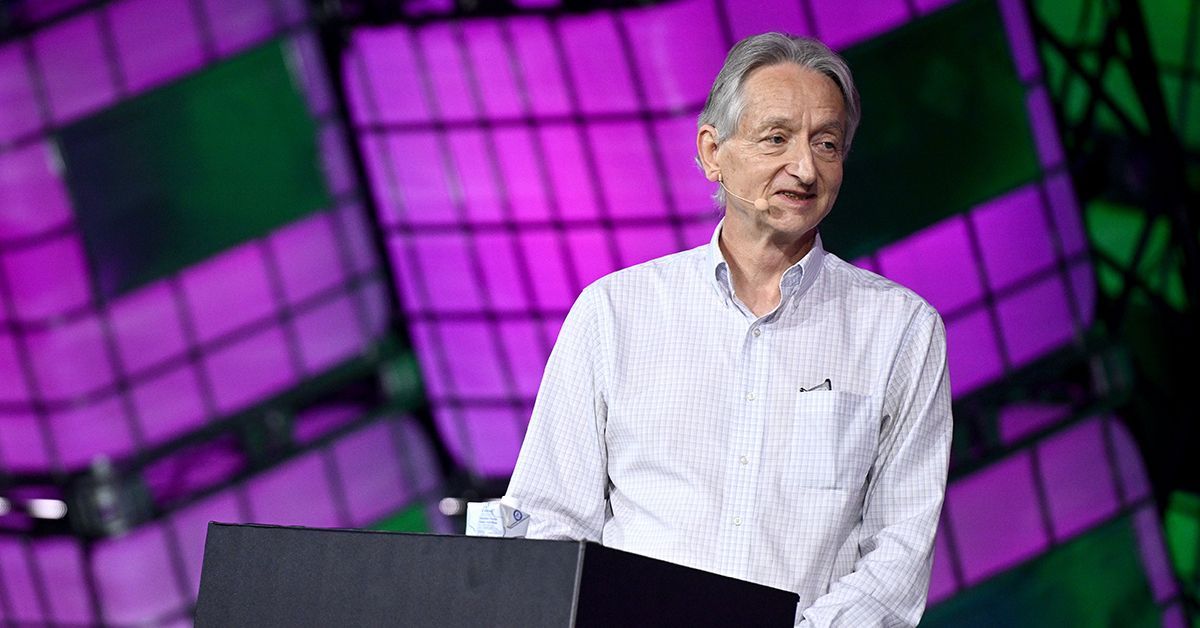
British-Canadian scientist Geoffrey Hinton, widely called the “godfather of AI” who is also one of the technology’s most vocal critics, was awarded the 2024 Nobel Prize in physics for his pioneering work in artificial intelligence. Hinton, who shares the prize with Princeton University’s John Hopfield (see below), was cited for foundational work that powers current AI systems in chatbots such as ChatGPT.
“The laureates’ work has already been of the greatest benefit. In physics we use artificial neural networks in a vast range of areas, such as developing new materials with specific properties,” says Ellen Moons, Chair of the Nobel Committee for Physics.
Hinton’s Nobel Prize-winning work has roots at UC San Diego. His connections to the university go back to his postdoctoral research in the late 1970s and early 1980s in the UC San Diego Department of Psychology, working with an interdisciplinary group of cognitive psychologists, linguists and others who would go on to found the world’s first Department of Cognitive Science in the School of Social Sciences.
Currently a professor at the University of Toronto, Hinton first worked at UC San Diego as a visiting scholar from 1978 to 1980 and then returned in the spring of 1982 as a visiting assistant professor.
“Geoffrey Hinton’s Nobel Prize in Physics for his transformative work in artificial intelligence is well-deserved,” said Chancellor Pradeep K. Khosla. “I am particularly proud that his academic journey has deep roots here at UC San Diego, where he conducted postdoctoral research and taught as a young scholar.”
Hinton’s work on Boltzmann machines – a type of neural network drawn from a concept in physics specifically cited by the Nobel Prize committee in making the award – was co-developed with Terrence Sejnowski, another key figure at UC San Diego and the Salk Institute. One influential joint paper by Hinton and Sejnowski, with David Ackley, was “A Learning Algorithm for Boltzmann Machines” published in Cognitive Science in 1985.
Boltzmann machines introduced probabilistic approaches to understanding learning and memory, influencing AI models’ ability to learn patterns and relationships in complex data.
“John Hopfield and Geoffrey Hinton were awarded the recent Nobel Prize in physics for the development of learning algorithms for neural network models in the 1980s. This prize also recognizes the community of researchers that built on their advances over the last 40 years,” said Sejnowski, now a distinguished professor with the School of Biological Sciences and with the Salk Institute. “The practical applications today in AI had to wait until vastly more computer power and training data to became available.”
Read more:
UC San Diego: Nobel Prize winner, ‘Godfather of AI’ Geoffrey Hinton has UC San Diego roots
John Hopfield, Nobel Prize in physics, former assistant professor, UC Berkeley
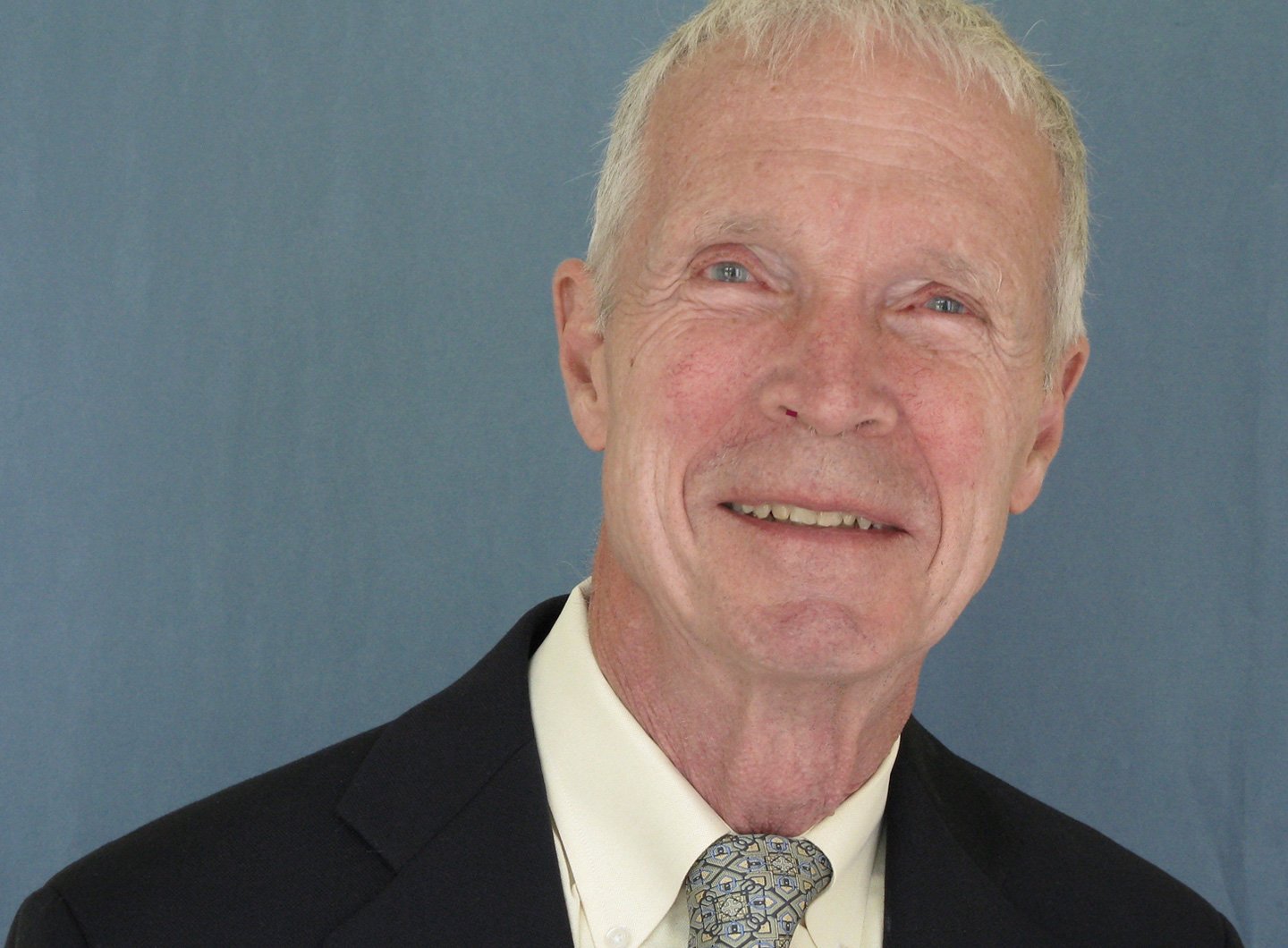
Courtesy of John Hopfield
Along with Hinton, John Hopfield, a scientist with ties to UC Berkeley, also shares this year’s Nobel Prize in physics. Hopfield was an assistant professor in the department of physics between 1961 and 1964 before leaving for Princeton University and switching fields from theoretical condensed matter physics to biophysics. Hopfield is credited by the Nobel Committee for creating the network Hinton used as the foundation for his own research, the aforementioned Boltzmann machine.
Marvin Cohen, now a UC Berkeley professor emeritus of physics who took Hopfield’s place, recalls his time with his colleague.
“I took over his grad students after he left,” Cohen said. “Eventually, he (Hopfield) changed fields to biological physics. I remember trying to talk him out of that. He made excellent contributions to that field, and I believe that his varied background prepared him for the work he did that was recognized by the Nobel committee.”
The Nobel Foundation cited his “foundational discoveries and inventions that enable machine learning with artificial neural networks.”
Hopfield had another connection to UC Berkeley: his father, John Joseph Hopfield, a Polish immigrant, received his Ph.D. in physics from Berkeley in 1923 with the late Raymond Birge as his adviser. A spectroscopist, the senior Hopfield became an instructor and assistant professor of physics before leaving in 1928 to conduct research in Berlin. His son was born in 1933.
Read more:
UC Berkeley: David Baker, a UC Berkeley Ph.D., awarded 2024 Nobel Prize in chemistry
James A. Robinson, Nobel Prize in economics, former faculty, UC Berkeley
Three economists were awarded The Sveriges Riksbank Prize in Economic Sciences in Memory of Alfred Nobel by the Nobel committee in 2024, among them British economist and political scientist James A. Robinson, who spent pivotal years at UC Berkeley. Robinson's award acknowledges a lifetime of multidisciplinary work demonstrating that political institutions are essential to the economic development of low-income countries, the Prize committee said.
Between 1999 and 2004, in his time at UC Berkeley, Robinson's research and writing were transforming how the world thinks about the development of low-income countries, and his teaching was shaping a generation of young scholars who would help advance his ideas about why some nations were rich and others poor. Though he left UC Berkeley 20 years ago, students and colleagues say the work he did and the relationships he built in that time still have a profound impact at UC Berkeley, and worldwide.
In 2000, economist Edward Miguel was in his first year as a UC Berkeley assistant professor, and Robinson quickly became a crucial mentor and supporter. “It was amazing having him here then, because everybody knew immediately when his work was being published how important it was,” Miguel recalled. “It was instantaneously influential.”
Thad Dunning arrived at UC Berkeley in 2001, and Robinson became a mentor and co-chair of his Ph.D. dissertation committee. “His influence on Berkeley graduate students was tremendous,” said Dunning, now a professor of political science. “He really had an outsized role in his five years here, and that has continued with his ties to the institution since then.”
Robinson is now on the faculty at the University of Chicago. He shares the Nobel with his research partners Daron Acemoğlu and Simon Johnson, both of the Massachusetts Institute of Technology.
Read more:
UC Berkeley: Economist James A. Robinson, a new Nobel laureate, left a lasting impact in his years at UC Berkeley
Visit the University of California Nobel Prize website to learn more about our prize-winning faculty, past and present. https://nobel.universityofcalifornia.edu
Thank you to Edward Lempinen, Michelle Phillips and Robert Sanders at UC Berkeley, and Inga Kiderra at UC San Diego, for their contributions to this story.
